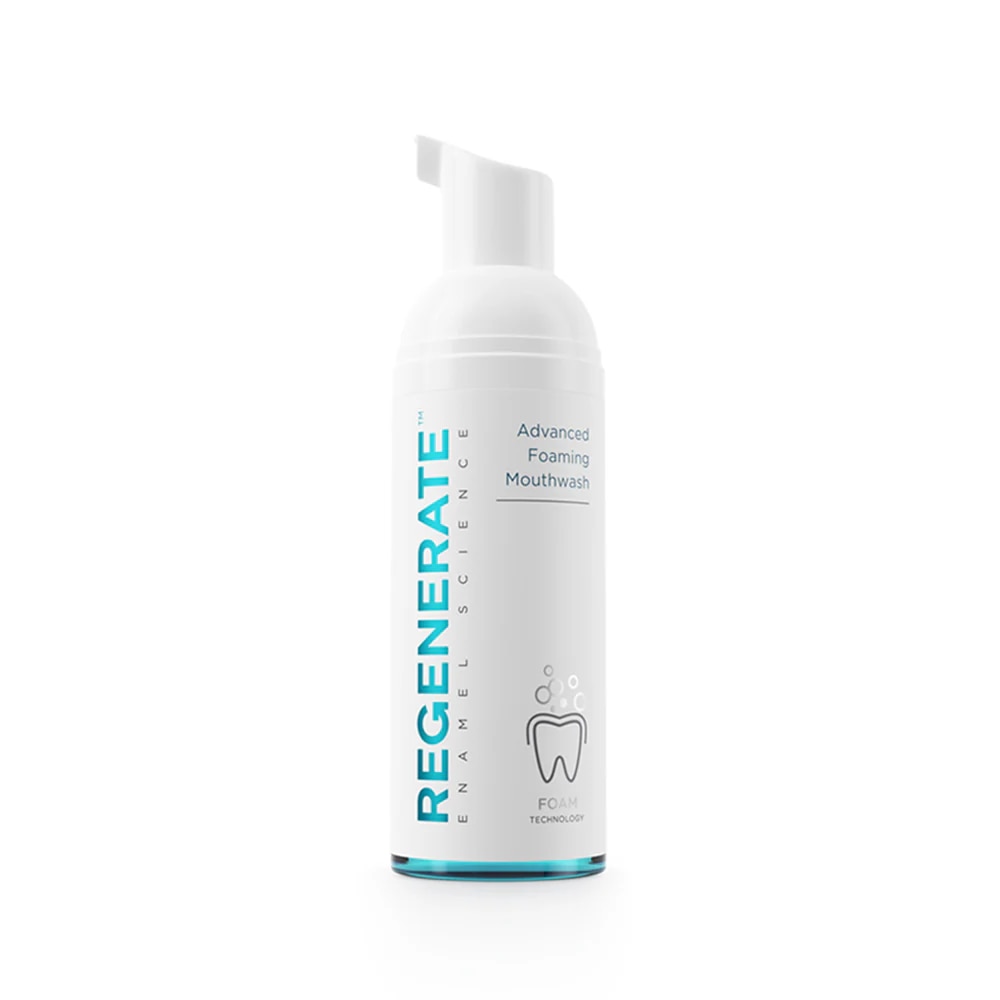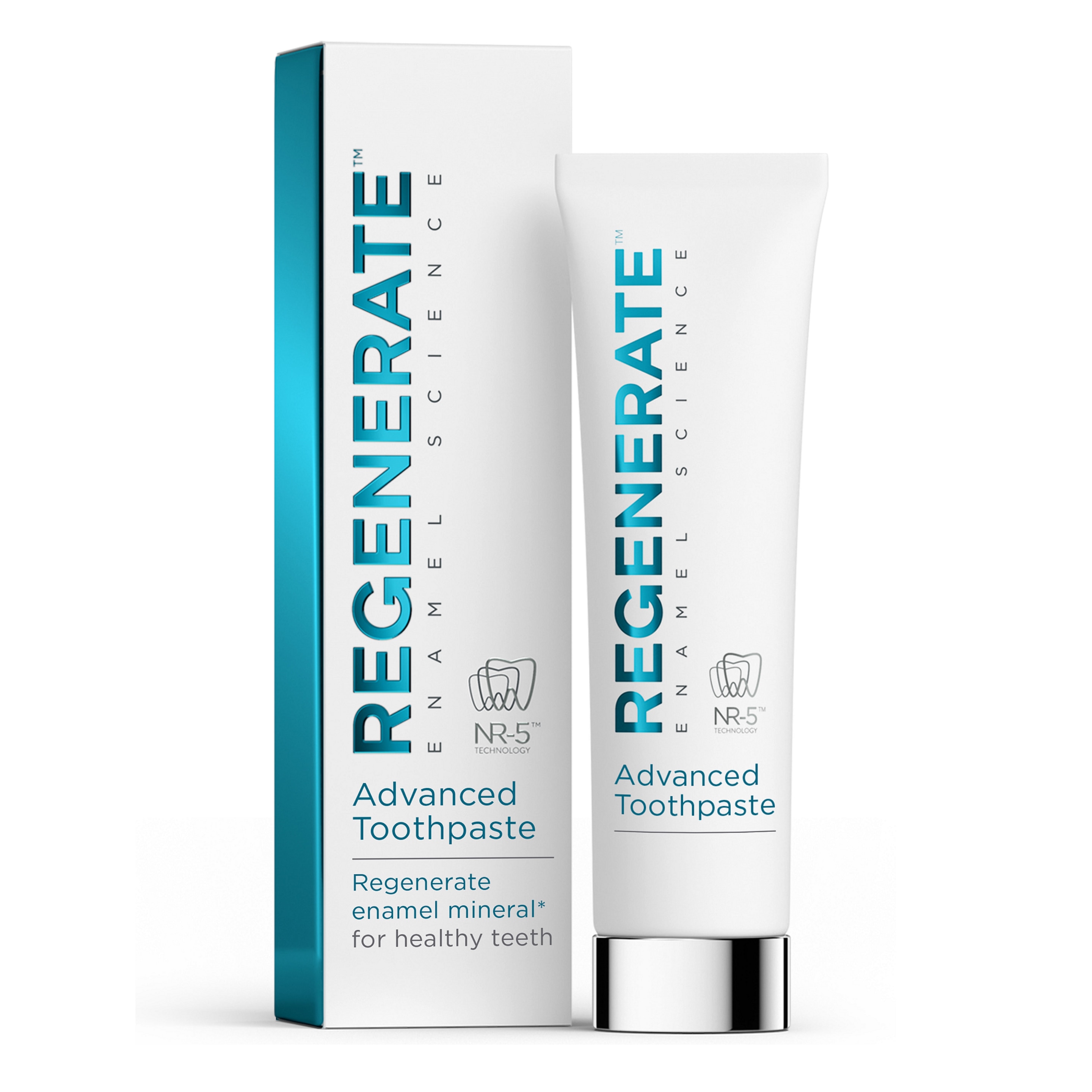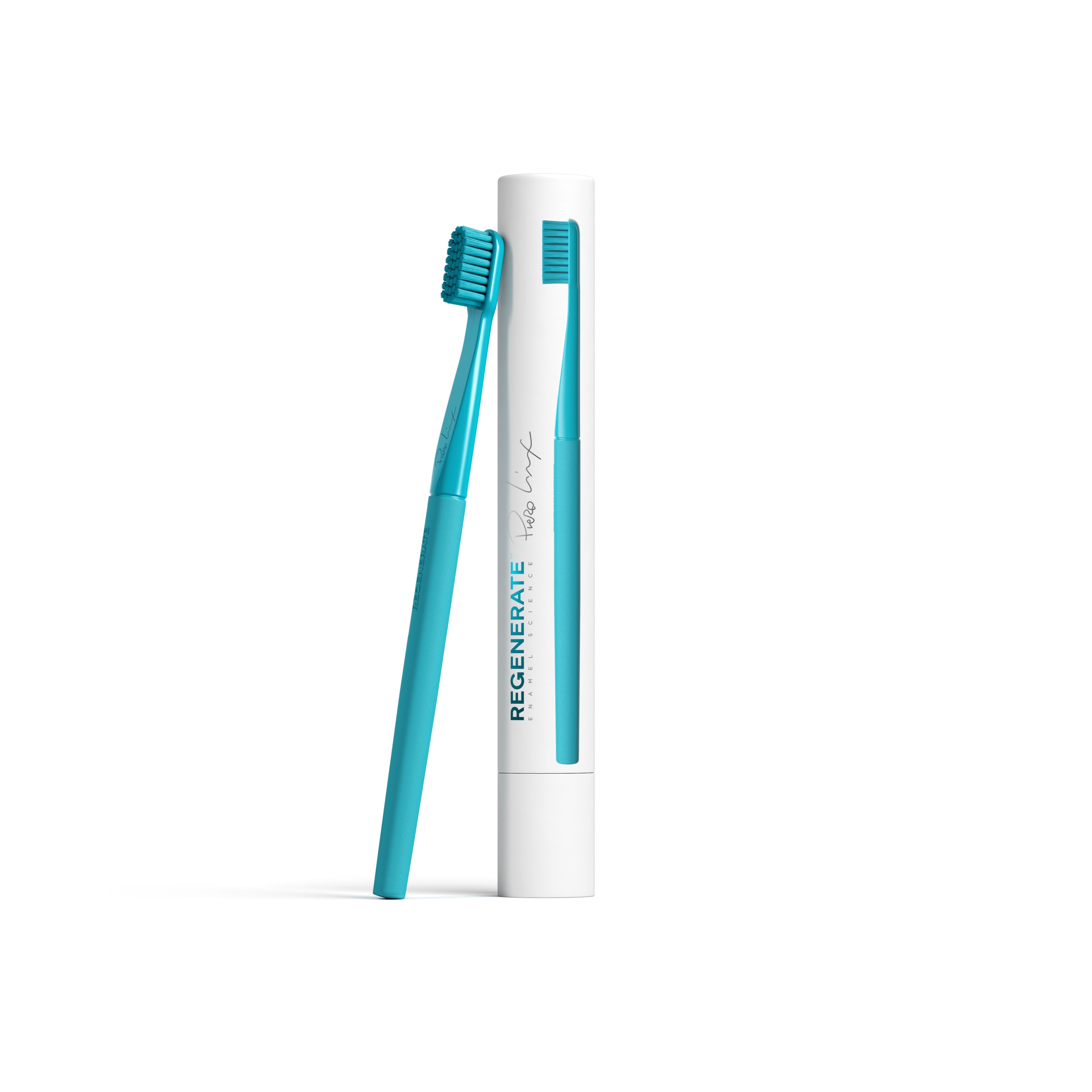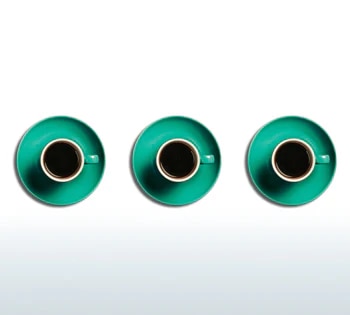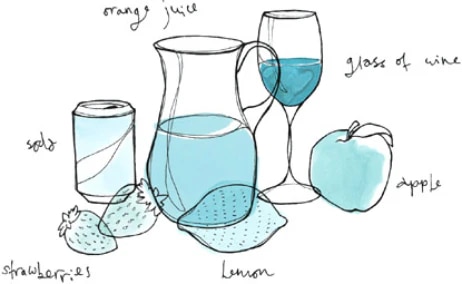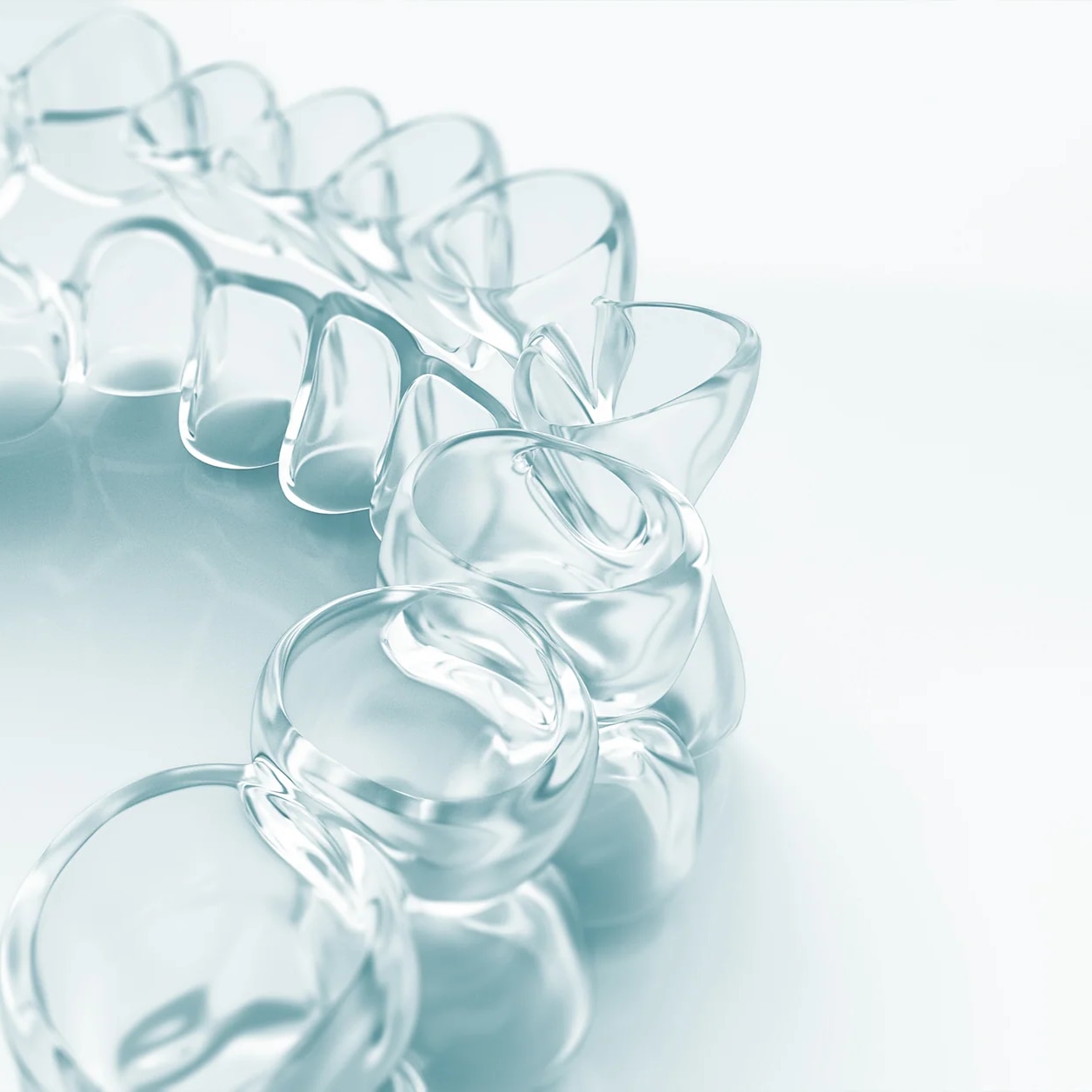Tooth enamel protects your teeth from damage by external factors but once enamel is damaged, it can’t repair itself. Therefore, it’s essential to know all about how to protect tooth enamel in your everyday life to future-proof your smile.
So, what is enamel, what is enamel made of, and can tooth enamel be restored once it has been damaged? In this article, we'll answer all of these questions, as well as outline some regular steps to help take care for your teeth and provide some facts about the material that keeps our smiles sparkling.
Although we can offer advice and tips, if you are worried about your tooth enamel, or notice any changes to your teeth, be sure to contact your dentist.
What is tooth enamel?
The word ‘enamel’ is often used when referring to our teeth, but what is enamel?
Tooth enamel is the hard, outer layer of your teeth and is one of the three major tissues that make up your teeth. It is a very hard, highly mineralised tissue layer, designed to be the protective barrier for the inner layer of the tooth.
While enamel is normally white to off-white, its appearance can vary. It is perfectly normal to have enamel ranging from light-yellow in colour to a grey-white colour.
What is enamel made of?
What’s in enamel? It’s mostly minerals – 96% of enamel is made up of minerals, with the other 4% being water and organic materials. Hydroxyapatite is the mineral that makes up a large part of your enamel, but it also contains magnesium, sodium, fluoride, and carbonate¹.
What is the purpose of enamel?
Tooth enamel is the protective outer layer of your teeth. It shields the pulp and dentin, the inner, more fragile layers beneath. Tooth enamel is also the first line of defence against tooth decay, and so it is important to protect it. Damaged enamel can cause issues such as heightened sensitivity, cavities, and infection.
Can you restore teeth enamel?
One of the many reasons that it is so important to take good care of your teeth: enamel restoration can only be reversed in its early stages, and if enamel erosion is left untreated then it can worsen to a point where remineralisation is not possible. But a combination of effective oral health products, regular dentist appointments and a healthy lifestyle will help to guard against this.
To significantly enhance the remineralisation of tooth enamel, restore this protective layer with Regenerate. Start using Regenerate’s Advanced Toothpaste. When used regularly, it is clinically proven to increase your teeth’s natural micro hardness. This is due to the new patented technology capable of regenerating the enamel mineral* content, reversing enamel erosion and keeping your smile sparkling with its natural whiteness.
For added strength, Regenerate’s Advanced Enamel Serum can help to reverse the early erosion process caused by modern diets and lifestyles. The unique and clinically proven serum has been shown to boost the effects of Regenerate toothpaste by up to 43%**. In combination with the Advanced Toothpaste, the Advanced Enamel Serum provided significant increase in enamel hardness, with 82%*** recovery of enamel hardness after 3 days.

How to protect tooth enamel
There are a few key steps and lifestyle changes that can help you to protect your tooth enamel.
- Reduce your intake of acidic drinks and foods including fizzy drinks, citrus fruits, juices, and sour sweets.
- Drink water after eating acidic foods.
- Use a straw when drinking fizzy drinks and fruit juices to bypass the teeth.
- Eat milk or cheese at the end of a meal to cancel out acids you may have ingested.
- Use a soft toothbrush, brushing gently in a circular motion.
- Leave at least 30 minutes between ingesting acidic foods or drinks before brushing your teeth, as they soften enamel and make it prone to damage from your toothbrush.
Now that we’ve answered your questions about what enamel is and shared tips on how teeth enamel is restored with clever Regenerate technology, you can rest assured your teeth will be in good condition.
*Acts on early invisible stages of enamel erosion by restoring its mineral content and micro-hardness with regular use. Clinically proven.
**As demonstrated in a 3-day in vitro test measuring enamel micro hardness: Combined use of Advanced toothpaste and Advanced serum vs. Advanced toothpaste only.
***Based on an in-vitro test measuring enamel hardness after 3 days combined use of Toothpaste and Serum.
The advice in this article does not constitute medical advice; it is solely available for information purposes. We recommend that you consult your dentist If you are experiencing any dental problems.
Sources:
- slide 1
- slide 2
- slide 3


